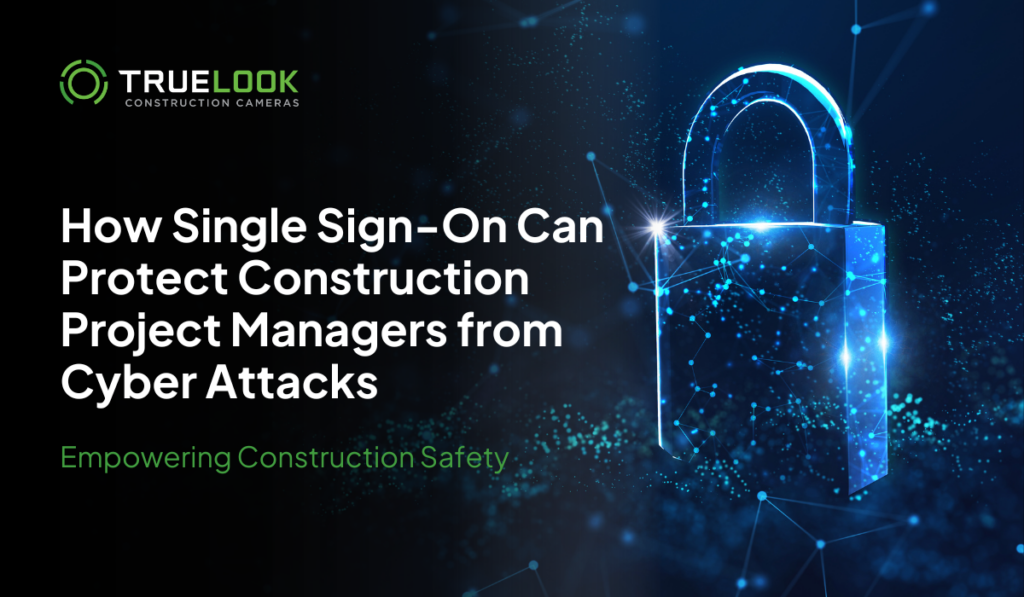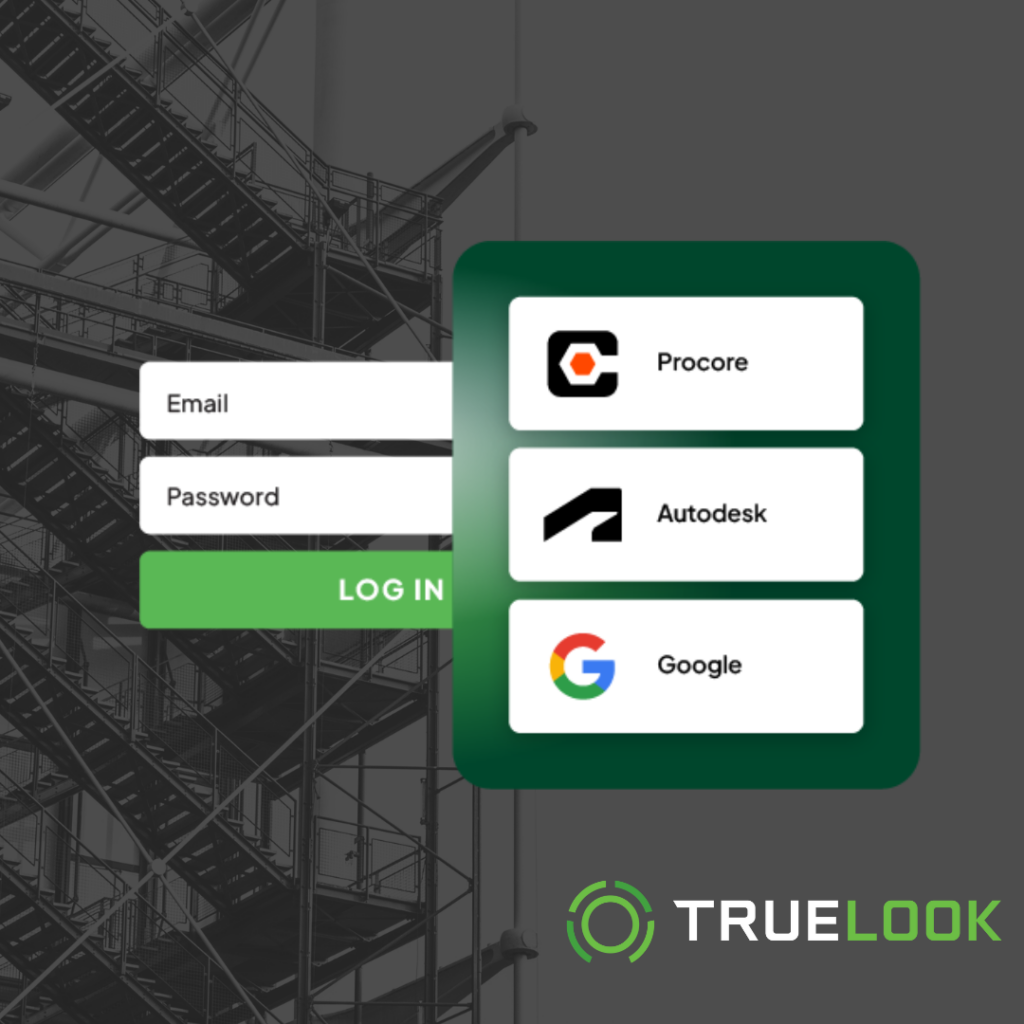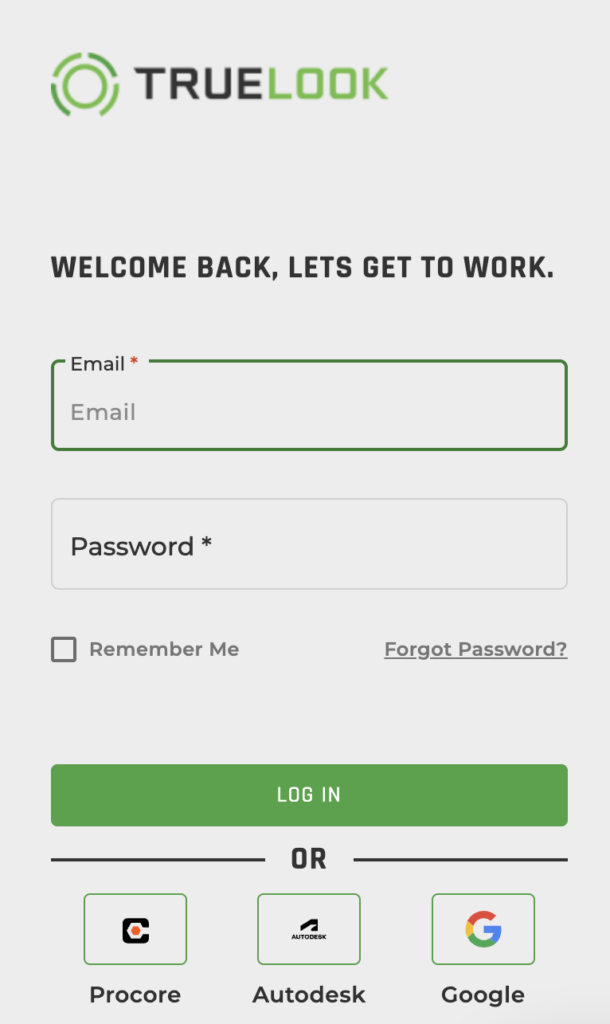
Though it may come as a surprise to some, cyber security has emerged in recent years as one of the biggest risks that construction companies must manage. In 2021, one study estimated the construction industry to be the third most targeted industry for cyber attacks. In 2023, that ranking increased with NordLocker ranking the construction industry at number one in the U.S. for most likely to be targeted by ransomware.
Many construction companies have been ill-equipped to deal with this emerging risk. Although new technology such as AI, cloud-based project management tools, IoT, BIM, and online banking have become integral to how construction companies run their business, many companies have yet to put in place serious measures to manage the risks that come with adopting these new technologies, making them a target for cyber attacks.
Why is the Construction Industry so Vulnerable to Cyber Attacks?
One major reason for the construction industry’s vulnerability to cyber attacks is the fact that so many construction projects involve communication and management systems that span multiple offices, jobsites, suppliers, contractors, and stakeholders. All of these moving pieces result in multiple access points for cybercriminals who might be able to compromise and gain access to entire management systems through just one of these entryways. Even a cyber security breach for a supplier can pose detrimental risks to an entire project or company.
In addition, the construction industry has yet to adopt rigorous data privacy and cyber security regulations that other industries, such as financial and healthcare, have created to mitigate the risk of cyber attacks.
The last major reason is that the construction industry is generally slow when it comes to embracing new technology. This trend has been changing in recent years as project managers and construction companies are starting to take advantage of the opportunities afforded by new technology. That being said, it is still difficult to implement new technology that requires updating hardware and software, investing significant capital, and finding time to upskill teams and learn how to use new tech.
To manage this risk, construction project managers and IT managers must find easy-to-implement, yet effective and holistic solutions.
How SSO Can Help Manage Cyber Risk
There are many solutions and tools for managing cyber risk, including investing in cyber liability insurance and training teams about how to mitigate day-to-day risks. One of the simplest to implement, and the most effective, is SSO, or single sign-on.

What is SSO?
Simply put, SSO is a technology that combines multiple application login screens into one. Essentially, SSO allows users to access multiple applications or websites, all with one set of login credentials.
Many construction project managers are utilizing SSO to improve data security, reduce password fatigue, and make access to project management tools more streamlined, efficient, and secure.
What are the Benefits of SSO?
- Increasing Data Security
One of the major benefits of SSO is that it can greatly increase your data security. By integrating multiple applications and websites into one log-in entryway, SSO reduces the number of access points where you might be susceptible to a security breach.
Many security breaches have been tied back to bad password habits. With SSO, you not only reduce the burden on you and your team of managing multiple secure passwords, but you can also more easily enforce company-wide authentication policies. - Easier User Access Management
With SSO, managing user access for different team members and contractors becomes much easier. Instead of having to track who has access to which platform, you can grant or revoke access to multiple systems from a central point.
- Better Compliance Monitoring and Reporting
SSO can enable a central point for tracking user access and generating activity logs. This enables project managers to more easily monitor for compliance and generate reports for internal audits.
- Easier Scalability
SSO enables companies to onboard new users and contractors and even add new applications without having to make major changes to their systems. SSO streamlines access to shared platforms, enabling project managers to collaborate with the many stakeholders involved in construction projects, including contractors, suppliers, and architects.
- Increased Efficiency
This last benefit may be an obvious one, but it’s worth naming given how much time-saving and efficiency SSO can enable. As construction project managers adopt more digital tools for managing their jobsites, projects, and communication streams, SSO helps to simplify access to those tools. SSO makes it easier to switch between them and saves time (and headaches) when it comes to remembering all your passwords.
Why Prioritize SSO in 2024?
- Cyber Security to Pose a Growing Threat in 2024
As construction project managers and IT managers at construction companies adopt more digital tools, cyber threats are also becoming more sophisticated and prevalent. SSO is an easy, but effective way to ensure that project managers are setting themselves up for success in the years to come to be able to effectively manage the risks posed by cyber-attacks. - Managing Digital Tools and Hybrid Work Environments
Hybrid work will continue to be a central part of construction project management in 2024. That means more digital tools and online communication. SSO can streamline access to communication platforms and digital tools across all users in an organization, helping project managers manage hybrid work environments. - Staying Ahead of Industry Trends
The construction industry has been comparatively slow when it comes to adopting new tech. However, the rate of adoption is increasing. Construction companies who want to stay ahead of the curve will want to implement technologies like SSO that make managing digital transformation easier.
Maximize Your Existing Investments
Modern construction technology platforms are beginning to offer SSO for project management tools, enterprise email systems, and more. This means that many construction firms can implement SSO across multiple platforms without making any additional investments or changing how the firm works. Plus, enabling these SSO options often only takes a few clicks.
One of these modern tech platforms is TrueLook, which helps construction managers document projects and mitigate risk. TrueLook utilizes high-definition construction cameras to enable live viewing, Intelligent Security, and time-lapsing all in one easy-to-use platform. Learn more about TrueLook’s features.

Enabling TrueLook’s SSO feature is an easy, one-time setup. For Google, simply log in and authorize access to the team’s account. For project management tools, just download TrueLook from the Autodesk/Procore app store and provide users with permission to the TrueLook projects they need. Once set up, users can select the applicable icon (Autodesk, Procore, or Google) and enter their existing credentials to gain access to TrueLook. Learn more about how to set up SSO.
Cyber threats will continue to pose a major risk to the construction industry in years to come. To fully realize the opportunities presented by new digital tools and technology, construction companies will need to put in place the proper safeguards to manage this risk. The good news is that new tools are emerging every day to help manage these new risks. SSO is a simple, easy-to-implement solution that will make an immediate impact helping to improve cyber security and make project management easier. Be sure to stay on top of all of TrueLook’s newest and latest product updates

